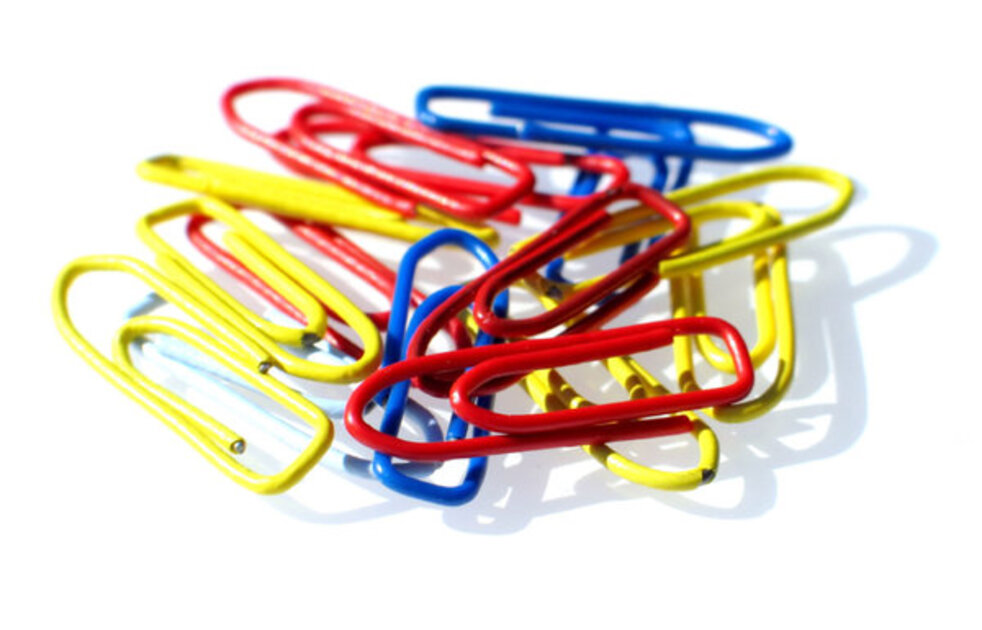
Our Gemara on Amud Aleph quotes a verse (Devarim 6:20):
אַחַר יִשְׁתֶּה הַנָּזִיר יַיִן
“And after that the nazirite may drink wine”
The rabbis use it to derive a law that the Nazir is still bound to his obligations, until after his sacrifices are brought.
However, because the text is anomalous, there are a number of commentaries that see a particular lesson and message for the Nazir. The problem with the text is he is referred to as a Nazir, even though he actually completed his Nazirhood. This hints to the idea that there is some remaining aura and effect from his choice to live temporarily in abstention and asceticism.
The Alshich (ibid) says that really it is a mitzvah to enjoy wine in moderation; wine generates inspiration and joy in peak spiritual moments. However, the Nazir correctly determines that he is unable to participate in such indulgences without getting carried away and becoming hedonistic. The assurance from scripture is, “If you observe the Nazir state properly, you will then be able to return to regular life and enjoy wine in the way it was meant to be enjoyed.” He notes that when Shimshon‘s father asks the prophet/angel what is his name, he answers, “Why do you ask my name, is it not Peleiy?” (Shoftim 13:18) One way to understand that word is from the Hebrew word peleh which means something inexplicable, mysterious and wonderous. This is referring to the fact that only the Nazir himself knows how much he should abstain, and for how long. (see Psychology of the Daf Nazir 16).
Tzror Hamor (ibid) develops this idea further with a number of brilliant observations about the symbolism behind the rituals. The verse states (Bamidbar 6:9):
וְלָקַ֨ח הַכֹּהֵ֜ן אֶת־הַזְּרֹ֣עַ בְּשֵׁלָה֮ מִן־הָאַ֒יִל֒ וְֽחַלַּ֨ת מַצָּ֤ה אַחַת֙ מִן־הַסַּ֔ל וּרְקִ֥יק מַצָּ֖ה אֶחָ֑ד וְנָתַן֙ עַל־כַּפֵּ֣י הַנָּזִ֔יר אַחַ֖ר הִֽתְגַּלְּח֥וֹ אֶת־נִזְרֽוֹ׃
The priest shall take the arm of the ram when it has been boiled, one unleavened cake from the basket, and one unleavened wafer, and place them on the hands of the nazirite after the consecrated hair has been shaved.
The rabbis have a tradition that the arm of the sacrificial ram brought by the Nazir is 1/60 of the entire animal. From this tradition, we derive the idea that something 1/60 or less becomes nullified (Chullin 98a). The consecrated arm of this sacrifice does not disrupt the rest of the sacrifice and can be eaten, because any flavor coming from the arm becomes nullified in the other 59 parts of flesh.
We also know that matzah represents humility; the opposite of arrogant sin (See psychology of the Daf Nazir 36).
Therefore, the scripture is hinting to the following point: Now that the Nazir has reestablished proper personal boundaries, he can participate in a bit of the flesh (the arm equals power, strength and self-reliance), and also have a degree of bread, which is appropriately non-leavened and humble, without getting into trouble. The entire mixture is placed in the palms of his hands to remind him that going forward, it is in his hands to be present in the world with proper boundaries, priorities, and proportion.
Translations Courtesy of Sefaria, except when, sometimes, I disagree with the translation ![]()
If you liked this, you might enjoy my Relationship Communications Guide. Click on the link above.
Rabbi Simcha Feuerman, Rabbi Simcha Feuerman, LCSW-R, DHL is a psychotherapist who works with high conflict couples and families. He can be reached via email at simchafeuerman@gmail.com
 Previous
Previous


